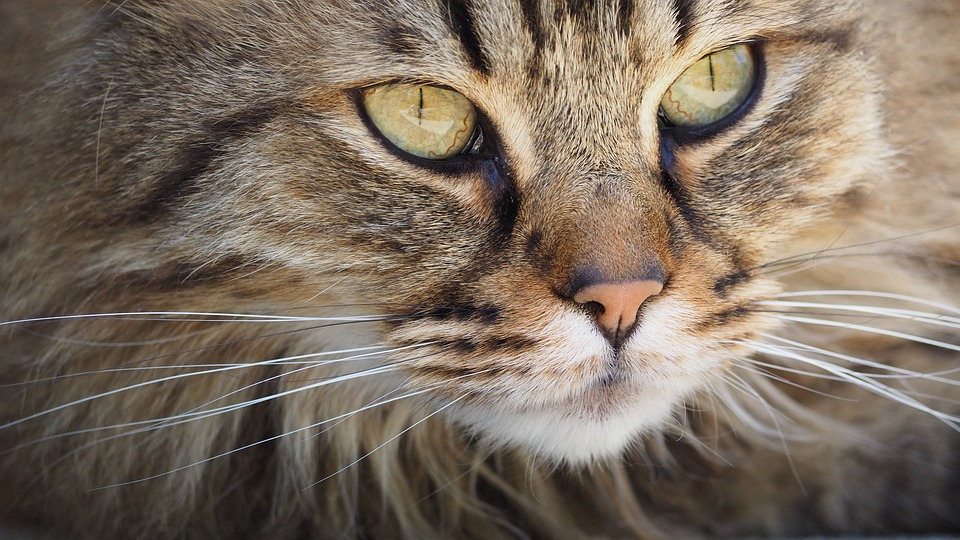Introduction
Cats are known for their independent nature and impeccable grooming habits. However, when it comes to dental care, they often need assistance from their owners. Dental issues in cats can lead to discomfort, pain, and even more severe health problems if left untreated. In this article, we will discuss effective strategies to prevent and manage dental issues in cats, ensuring their overall health and well-being.
I. Understanding Dental Issues in Cats
A. Common dental problems in cats
Cats can experience a range of dental issues, including periodontal disease, tooth decay, tooth resorption, and gingivitis. These problems can cause pain, difficulty eating, and even tooth loss.
B. Causes of dental issues in cats
Dental issues in cats are primarily caused by a buildup of plaque and tartar on the teeth, which can lead to gum inflammation and infection. Other factors include genetics, poor diet, and lack of dental care.
C. Importance of dental health in cats
Maintaining good dental health is crucial for cats, as it can prevent pain, infection, and the development of more serious health conditions. Dental issues can also affect a cat’s quality of life and overall well-being.
II. Preventive Measures for Dental Care in Cats
A. Regular brushing and oral hygiene routine
Brushing your cat’s teeth regularly with a cat-specific toothbrush and toothpaste can help remove plaque and prevent the buildup of tartar. It is important to start this routine early and make it a positive experience for your cat.
B. Appropriate diet and feeding habits
Feeding your cat a balanced diet that includes dental-friendly foods can help promote good oral health. Avoiding excessive amounts of soft or sticky foods and providing dental treats or chews can also help prevent dental issues.
C. Providing dental-friendly toys and treats
Certain toys and treats can help promote dental health by encouraging chewing and reducing plaque buildup. Look for products that are specifically designed to promote oral hygiene in cats.
III. Identifying Dental Issues in Cats
A. Signs and symptoms of dental problems
Common signs of dental issues in cats include bad breath, drooling, difficulty eating, pawing at the mouth, and swollen or bleeding gums. Behavioral changes such as decreased appetite or irritability may also indicate dental problems.
B. Oral examination at home
Regularly inspecting your cat’s mouth can help you identify any visible signs of dental issues. Look for red or swollen gums, discolored teeth, or any abnormalities in the mouth.
C. Importance of professional dental check-ups
Regular dental check-ups with a veterinarian are essential for detecting dental issues early on. A thorough dental examination, including X-rays, can identify underlying problems that may not be visible to the naked eye.
IV. Managing Dental Issues in Cats
A. Veterinary dental treatments and procedures
If your cat has dental issues, your veterinarian may recommend professional dental cleaning, tooth extractions, or other necessary treatments. These procedures are typically performed under anesthesia to ensure the safety and comfort of the cat.
B. Medications and pain management
In some cases, cats may require medication or pain management to alleviate discomfort associated with dental issues. Your veterinarian will prescribe appropriate medications based on the specific condition and needs of your cat.
C. Post-treatment care and maintenance
After dental treatment, it is important to follow your veterinarian’s instructions for post-treatment care. This may include administering medications, providing a soft diet, and maintaining good oral hygiene at home.
V. Frequently Asked Questions (FAQs)
1. How often should I brush my cat’s teeth?
2. What type of toothbrush and toothpaste should I use for my cat?
3. How can I make toothbrushing more tolerable for my cat?
4. Are there any special diets that promote dental health in cats?
5. What are the signs of dental issues that require immediate veterinary attention?
6. Can dental problems in cats lead to other health issues?
7. Is anesthesia necessary for dental procedures in cats?
8. How can I help my cat recover after a dental treatment?
Conclusion
Proper dental care is essential for maintaining the overall health of your feline companion. By following preventive measures, being vigilant in identifying dental issues, and seeking timely veterinary care, you can ensure your cat’s dental health is well-managed. Remember, a healthy mouth leads to a happy and comfortable life for your beloved feline friend.








